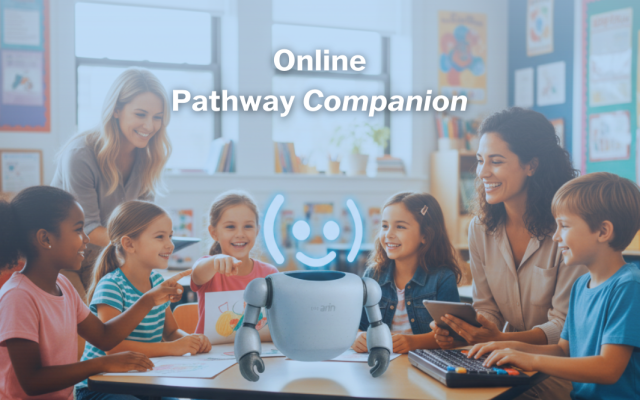Fully Enjoy the Internet: the experience of the Istituto Arimondi Eula in Savigliano.
Two important dates are getting closer for minors on-line: the Safer Internet Day (Feb. 6) and the Day Against Bullying and Cyberbullying, which is celebrated on February 7th since 2017. These two dates represent an important opportunity to raise the awareness of educational communities on the importance of training for life on-line. We do this by sharing the stories of the schools we involve in projects like Fully Enjoy the Internet, the programme on full digital citizenship created by Google and promoted in Italy by the Fondazione Mondo Digitale, in collaboration with the State Police, Altroconsumo and Anteas.
Today, we are in Savigliano, a municipality with just over 20,000 residents in the Province of Cuneo. The oldest high school in this area is the Arimondi Eula, which, as required by law, has established a coordinator for bullying and cyberbullying. What drove us to join Project Fully Enjoy the Internet was “the dramatic understanding of how poorly informed and aware our students are on the topics covered by the course, despite the fact that they are digital natives.” Our school and Director Luca Martini pay great attention to the digital well-being of students," explains Prof. Fabrizio Testa who teaches law and political economy. “As the coordinator for cyberbullying at our school and as a lawyer who also deals with privacy issues, I feel that these aspects are fundamental, also because they are closely connected to the growing phenomenon of online hatred.”
“The project was included in the digital citizenship section of class’s civic education course, profitably integrating the legal, economic, and IT aspects covered by the curricular teachers. The manuals for a more aware use of the Internet provided and the gamification implemented through the Interland on-line game were very useful," added Prof. Testa.
“I was struck by the legal and especially the psychological consequences of the disclosure of confidential data and its, often involuntary, permanence on the web. This made me reflect deeply on how I publish private information on my life on social media and on the need tp be more careful," explains Eleonora (Class 5D). The skills developed during the course allowed Eleonora to successfully prevent a phishing episode: “I received a message where I was asked to pay a customs fee for a package by clicking on a link. In the past, I would have clicked instinctively, even just out of curiosity, but thanks to the information I have learnt during the webinar, I didn't fall for it,” she confessed proudly.
Eugenio, a classmate of Eleonora, found the advice and strategies for recognizing safe sites, identifying fake news, and defending oneself from various types of on-line scams, particularly interesting. “I was struck by the risks concerning poor web security. Now, when I browse websites, I pay more attention to their security. I check that there is a padlock on the address bar and I carry out all the other checks that have been suggested during the course, also to avoid computer viruses or scams."
“I also appreciated the lessons regarding the behaviour to adopt when one witnesses or is a victim of cyberbullying,” adds Eugenio. “Your training has made me even more sensitive – not only as a teacher, but also as a citizen – to these issues. We are all immersed in digital technology, and we must be aware of the risks to better appreciate its potential,” concludes the professor.
The interview was conducted by Onelia Onorati.
- Educazione civica
- Students
- Digital Transformation
- Digital inclusion




